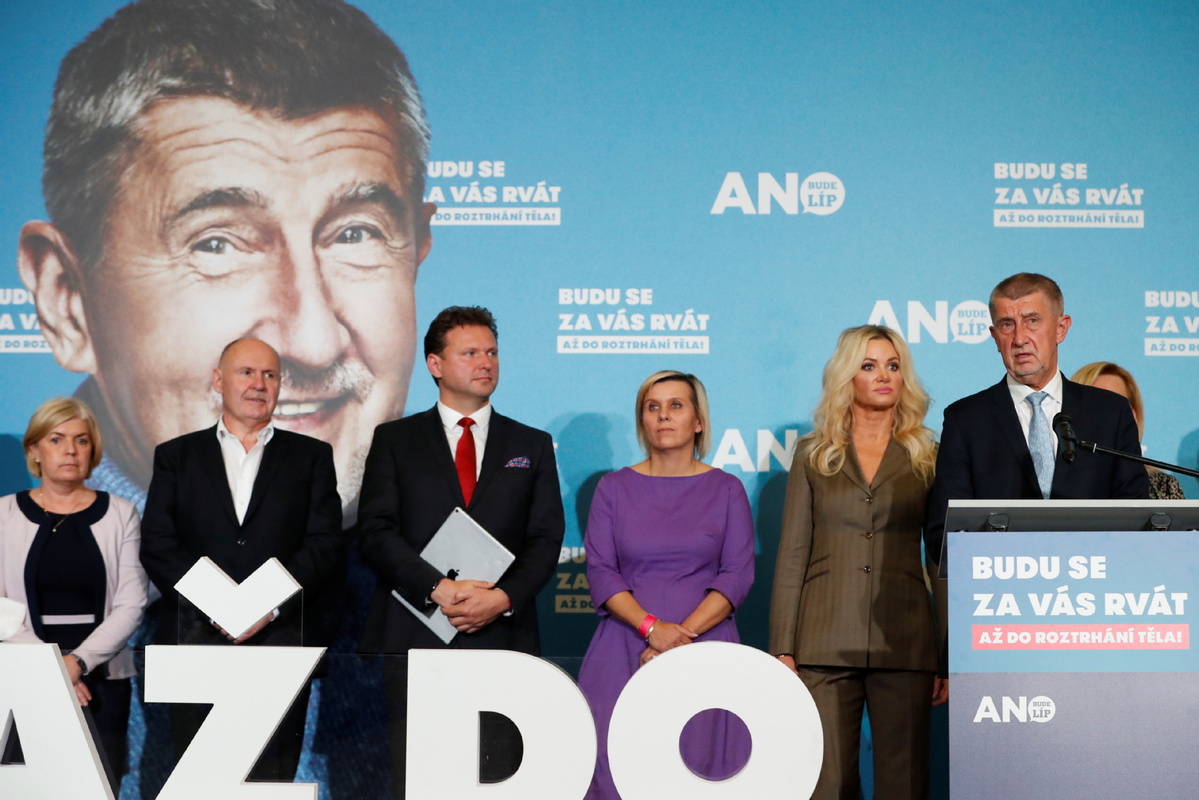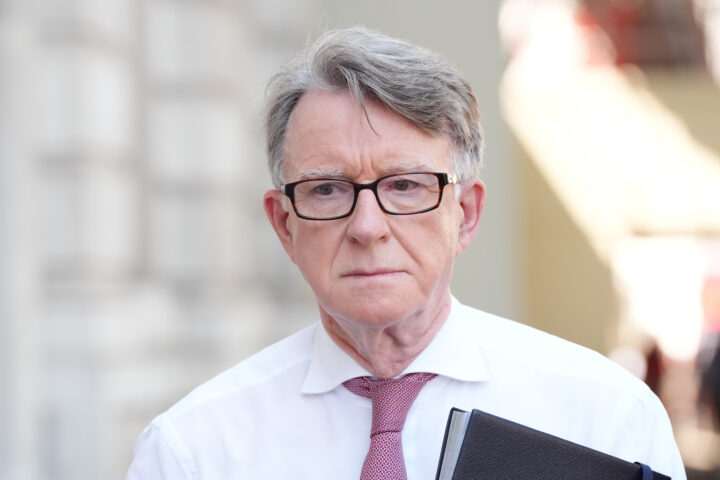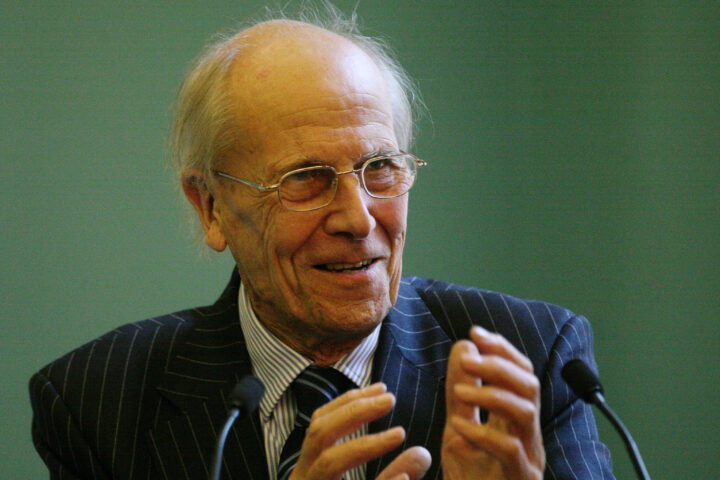The Czech Republic heads to parliamentary elections on 3–4 October 2025 with the opposition ANO party maintaining a commanding lead. A poll published on 14 September by STEM for CNN indicated ANO could capture 31.3% of the vote, more than ten points ahead of the ruling SPOLU coalition led by Prime Minister Petr Fiala, which polled at 20.2%. The outcome is expected to leave parliament fragmented, with seven parties entering the 200-seat Chamber of Deputies but none achieving an outright majority.
Babiš’s rise and coalition prospects
ANO, founded and led by billionaire and former prime minister Andrej Babiš, is unlikely to form a government on its own and would need coalition partners. Analysts suggest potential talks with smaller movements such as Freedom and Direct Democracy (SPD), Stačilo! (Enough!) and Motorists for Themselves (Motoristé sobě). These groups are known for their eurosceptic and, in some cases, openly pro-Russian positions. SPD calls for Czech withdrawal from the EU and NATO, while Stačilo! brings together former communists and social democrats under an anti-Western, pro-Russian platform. Motoristé sobě campaigns against the EU’s climate agenda. According to Reuters, Babiš’s ANO has widened its lead and is on course to dominate the vote.
European ties and Russia’s interference
Babiš’s party has moved further into the European far-right orbit. In 2024, ANO joined the Patriots for Europe group in the European Parliament, launched by Hungary’s Viktor Orbán and led by France’s National Rally chief Jordan Bardella. That bloc, the third-largest in the assembly, brings together right-wing populist forces from Austria, Portugal, Spain, Denmark, Italy and Poland. It opposes deeper EU integration, resists the bloc’s Green Deal, and focuses on curbing migration. European media and security agencies have repeatedly warned that such groups, and individual members, have received funding from Russia.
Concerns over Moscow’s role are acute in Prague. The Czech Security Information Service (BIS) reported that Russia is attempting to influence the 2025 elections through cyberattacks, disinformation campaigns and financial support to sympathetic politicians. In 2024, BIS exposed a Kremlin-linked influence network operating partly through outlets like Voice of Europe in Prague, which promoted anti-Ukrainian propaganda and lobbied against EU and NATO membership.
Stakes for Czech foreign policy
If ANO secures power with the backing of pro-Russian factions, Czech foreign policy could shift away from EU priorities on climate, migration and security. Such a turn may weaken Prague’s role in supporting Ukraine, disrupt the EU’s united stance on Russia, and slow integration efforts for Moldova, Ukraine and Western Balkan states. President Petr Pavel has already begun consultations with party leaders to prepare for possible instability and to safeguard Czech commitments to NATO and the EU.
Conversely, if the SPOLU coalition retains power, the government would maintain its pro-European orientation. That would include continued military and political backing for Ukraine, adherence to EU sanctions on Russia, and active participation in the bloc’s climate transition. Fiala’s government has also pledged to strengthen cyber defences and fight disinformation from Russia and China.
ANO’s campaign emphasises higher social spending, tax cuts and opposition to EU environmental policies. While Babiš has courted voters sceptical of Czech military aid to Ukraine, he has avoided overtly pro-Russian rhetoric. Nonetheless, coalition negotiations after the October ballot could bring eurosceptic voices directly into government, reshaping the country’s political trajectory.















